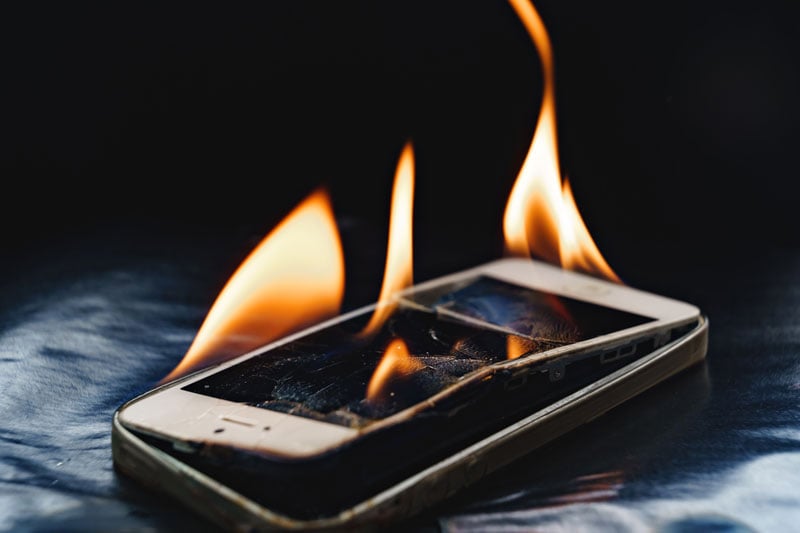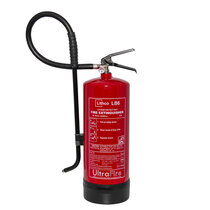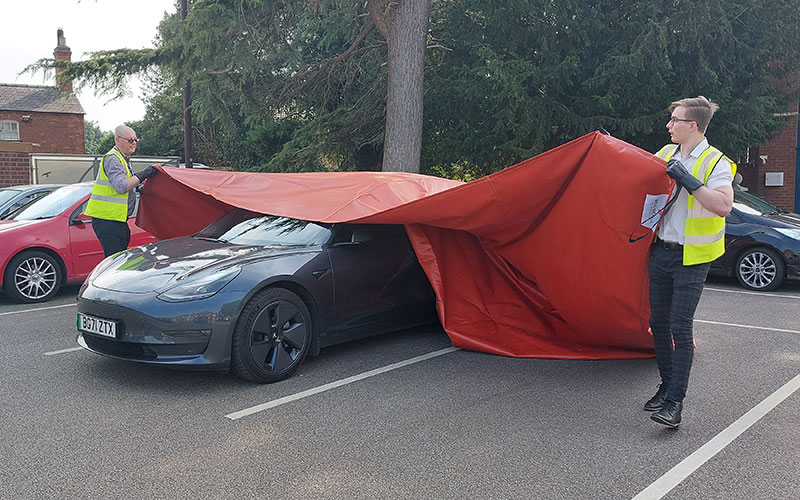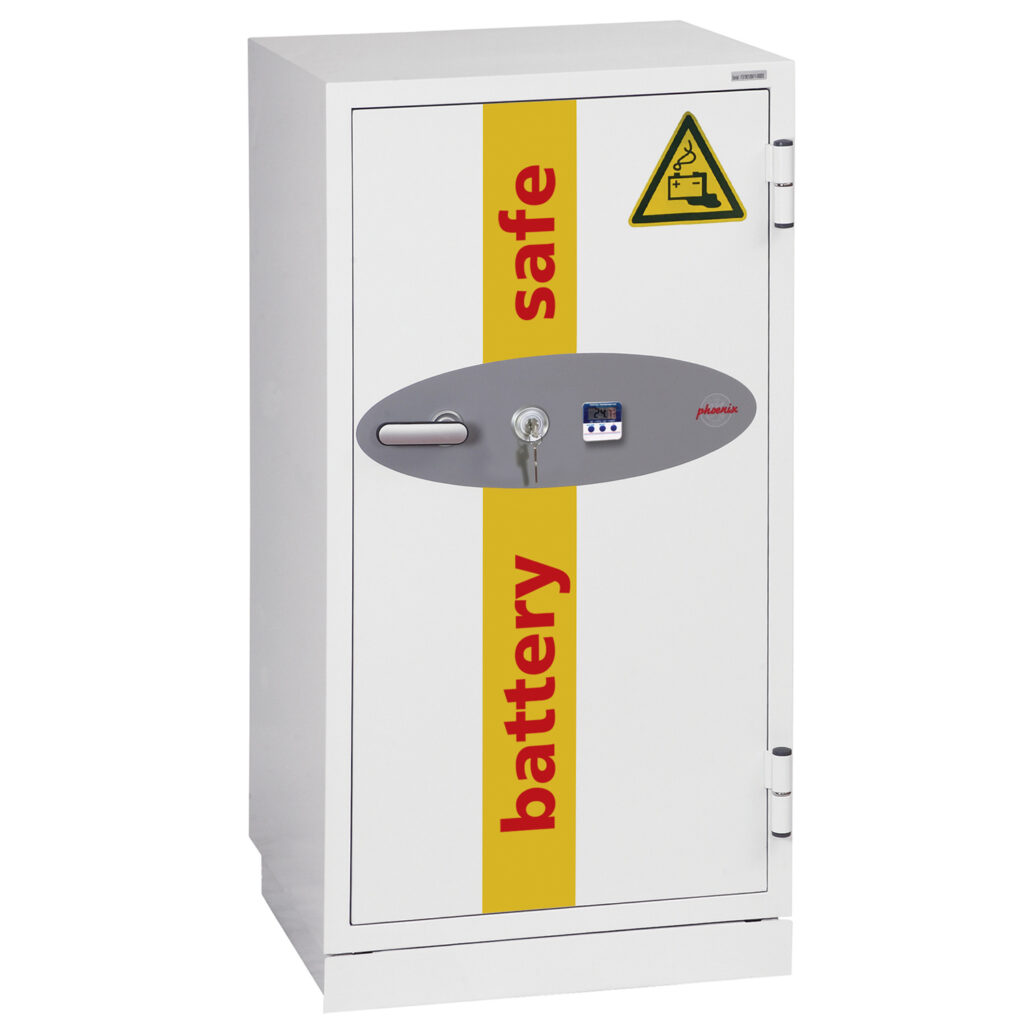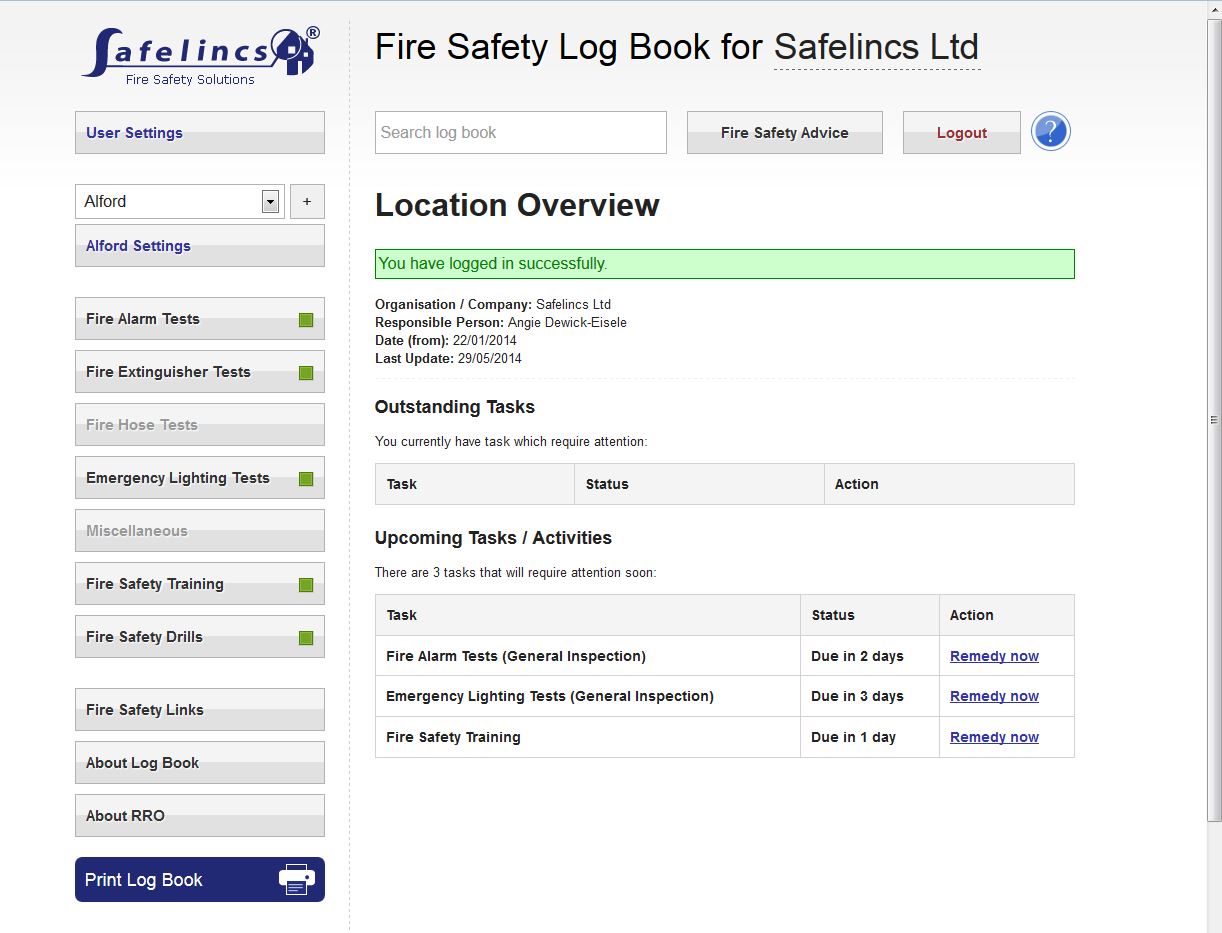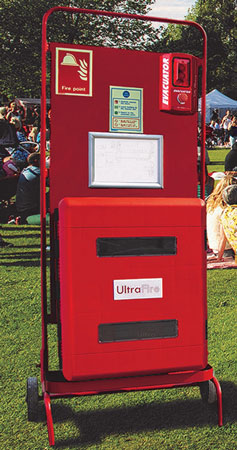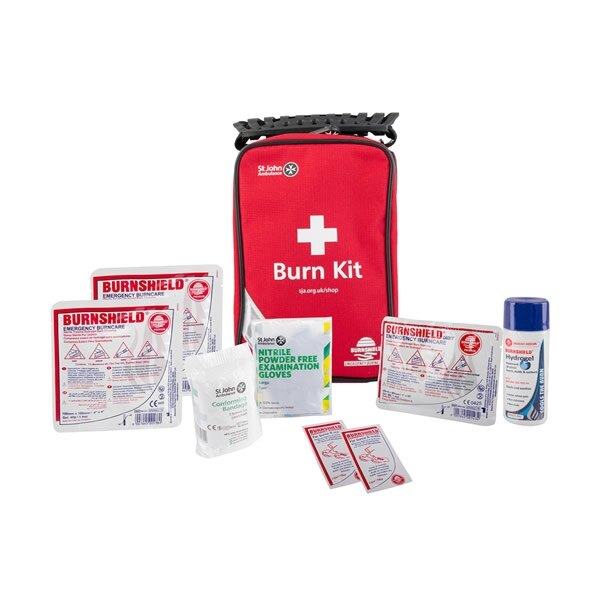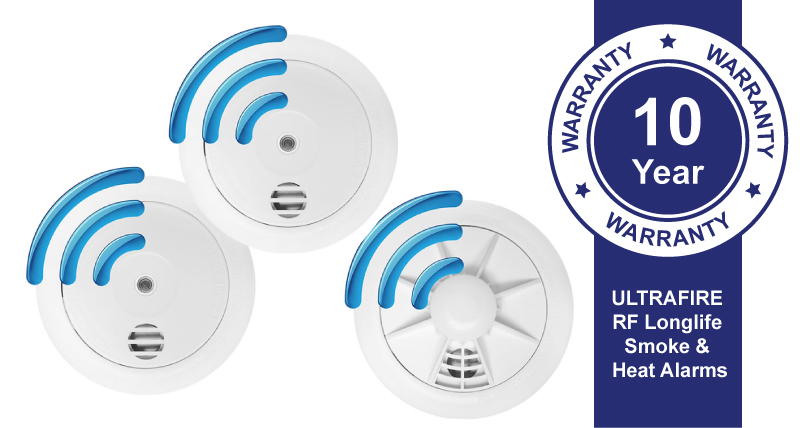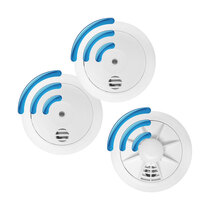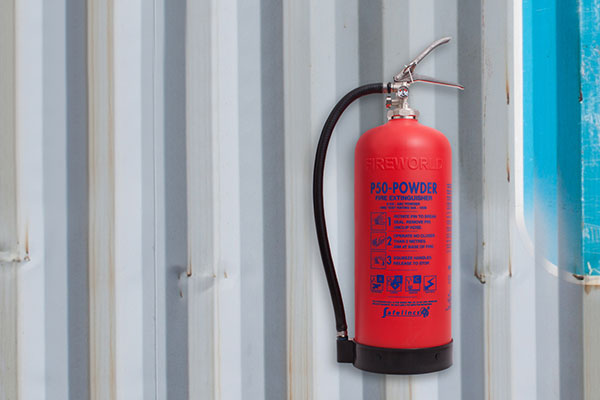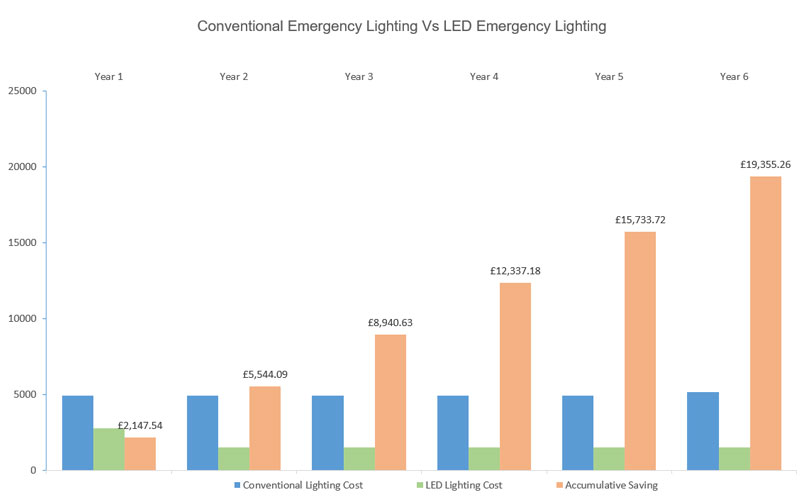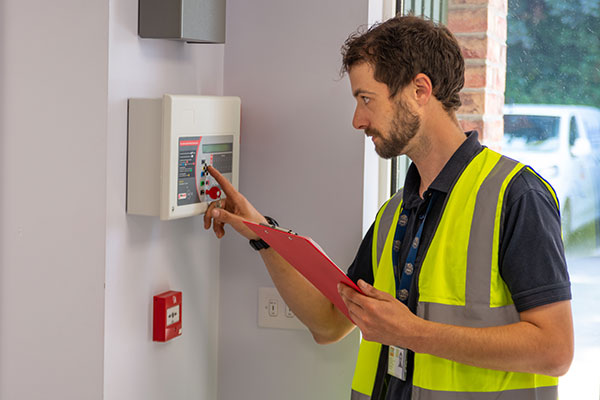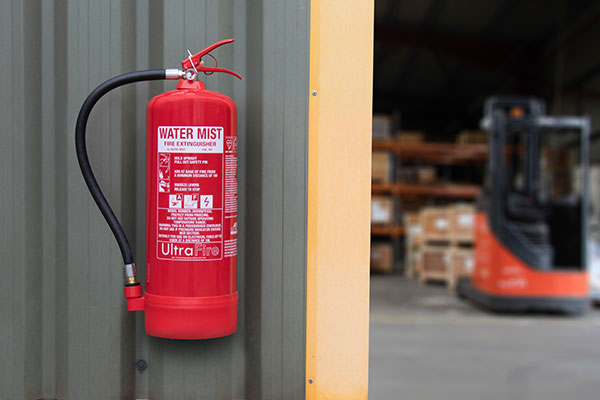Monday 26th June 2023
Health and safety training is a legal requirement. The specific training required will depend on each employee’s role, and the risks identified within the business. It is vital that businesses get health and safety right; getting it wrong can lead to fines, production downtime, and could cost someone their life. Here we explore your duties as a business owner, manager, or the responsible person within your organisation.

UK Legislation for Health and Safety at Work
The Health and Safety at Work Act enforces employers’ legal duty to provide their employees with the correct H&S training. In addition, the Regulatory Reform (Fire Safety) Order states that the responsible person of every organisation must ensure that employees are provided with adequate fire safety training.
Type of training, and how often training should be carried out, will depend upon the level of risk identified in the workplace risk assessment. This should cover fire safety, processes and practices, equipment and the people within the business, including visitors.
Health and Safety Training Courses
Providing staff with the correct health and safety training ensures safe working practices, prevents injuries, and fosters a positive H&S culture.
Do all employees need manual handling training?
Under UK legislation, employers must ensure their staff are adequately trained to competently carry out their roles. If a role includes any task which requires moving a load by carrying, pulling, pushing, lifting or lowering, manual handling training is required. This training promotes good lifting techniques and encourages the use of mechanical aids to reduce the risk of injury. The course covers the aspects of Manual Handling Operations Regulations 1992. This equips staff with the skills to carry out risk assessments before lifting/carrying, further reducing the risk of injury.
Is first aid training a legal requirement?
Under the Health and Safety (First-Aid) Regulations 1981, employers are legally responsible for arranging immediate care for any employee who has an accident or becomes unwell at work, including having adequate equipment, facilities and designated staff. The requirements to fulfil this duty will depend upon the findings of the business’s risk assessment. If one or more appointed first aiders are found to be required, adequate first aid training must be provided.
What first aid training is required?
Depending on the risks identified in the workplace, it may be necessary to enrol first aiders in adult and paediatric first aid courses, as well as an AED (defibrillator) and CPR course. First aid training ensures competence and confidence for first responders, ensuring effective care can be given in an emergency. Practical first aid training provides delegates with on experience, and the opportunity to have their questions answered.
It is important to note that there are different levels of first aid. This includes emergency first aid at work (one-day course) and first aid at work (a more in-depth three-day course). You need to decide which type of training your first aiders will require. Often small and low-risk environments only need to have someone trained in emergency first aid at work. On the other hand, large and high-risk businesses will require at least one staff member to have completed a first aid at work course.
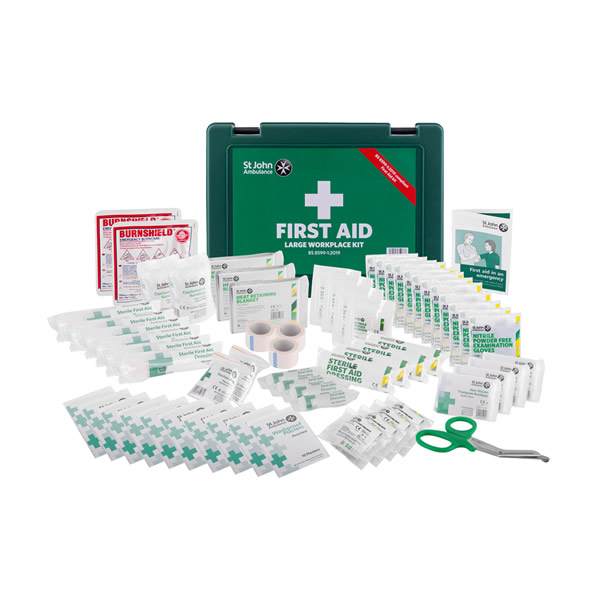
Fire Safety Training Courses
Employers are required by law to ensure that all staff have adequate fire safety training. This training will improve the day-to-day safety of your building by enabling staff to identify and regulate fire risks. This reduces the risk of fire, and equip staff with the skills effectively respond in the event of a fire.
What fire safety training is required?
All new staff must receive information about fire safety within your organisation. This fire safety awareness training course will help them to understand and identify potential fire risks, and how to respond in the event of a fire. All employees must be informed of fire risks in the workplace, and fire drills must be carried out at least once annually.
Under the 2005 Fire Safety Order, it is a legal requirement for all businesses to have at least one fire marshal. The specific number of fire marshals required will depend upon the findings of the business’s fire risk assessment. All staff members with fire marshal responsibilities must be provided with appropriate fire marshal training. This training teaches delegates the role of a Fire Marshal and their responsibilities. It also explains current legislation and the steps that must be taken in the event of a fire.
Evacuation equipment and training
Organisations have a legal duty of care for all people on the premises at any given time. Responsible persons must consider any disability, injury or impairment in mobility, even if it is a temporary state. This includes, for example, heavily pregnant women, people with special needs, bariatric people, and those with limited mobility. To understand necessary measures to safely facilitate an emergency evacuation, a personal emergency evacuation plan (PEEP) needs to be completed, and the required measures implemented. It may be necessary to provide specific evacuation equipment such as evacuation chairs, evacuation sheets and sledges.
Do employees need evacuation training?
Under the Provision and Use of Work Equipment Regulations (PUWER) 1998 businesses and organisations have responsibilities to ensure that equipment is suitable, maintained, and only used by trained staff. Evac+Chair Training is essential for staff in buildings where an Evac+Chair is fitted. These devices provide a lifeline for staff and visitors with disabilities and mobility impairments in the event of a fire or other emergency.
When is evacuation sheet training required?
Evacuation sheets are usually installed in buildings where a bariatric person may need to be evacuated. Some sheets and sledges can carry weights up to 2600kg – more than 10 times the capacity of a bariatric Evac+Chair. These specialist devices should also be fitted where a bedridden person will need evacuation, such as hospitals and care homes. These devices are specifically for vulnerable people for whom evacuation chairs are not suitable. Evacuation Sheet Training ensures that the vulnerable person can be safely evacuated, and that users are not at risk of injuring themselves.
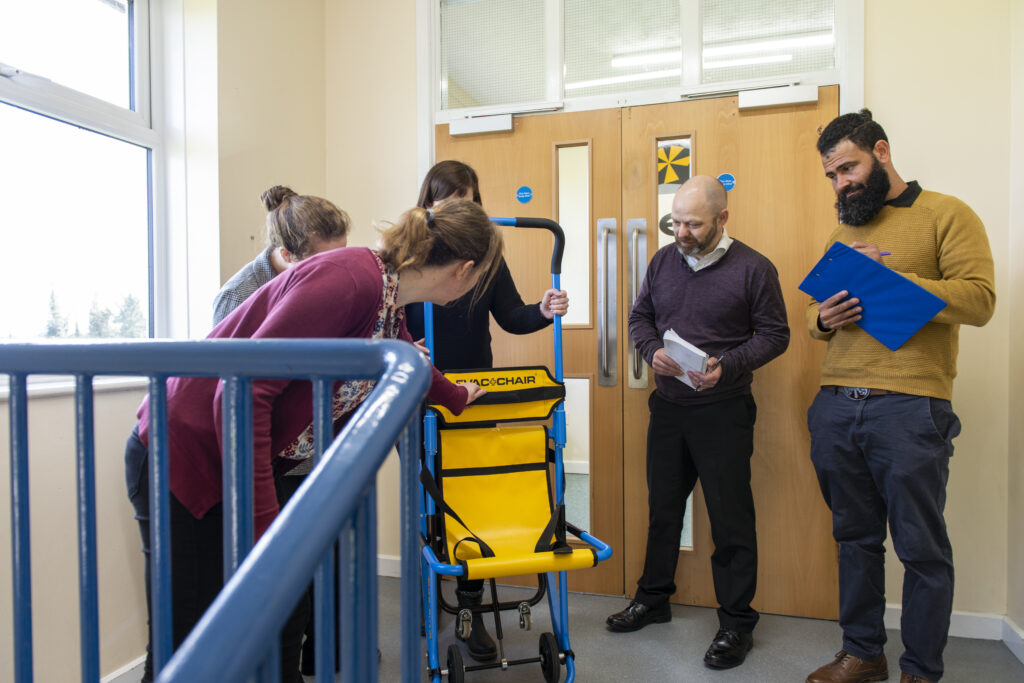
If your organisation does not have an evacuation device and you are unsure whether you need one, visit our Evacuation Equipment Legal Requirements, which offers guidance about your duty of care.
FAQs
Q. What are the benefits of in-person fire safety training and first aid training?
A. Having face-to-face training can help delegates focus better. It gives them the opportunity to build a rapport with the trainer, giving them the confidence to ask questions. In-person courses often have practical elements to them, which help to consolidate theory and put into practice what is being taught. Practice under supervision gives an increased confidence when having to utilise the knowledge in an emergency.
Q. How many first aiders does my business need?
A. The number of first aiders required depends upon the number of employees and risk level of a workplace.
Moreover, low-risk environments include most offices and shops, while construction sites and railways would be considered high-risk. Usually, at least one appointed person is required for a low-hazard environment with fewer than 25 employees. Conversely, one appointed person is required for a high-hazard environment with fewer than 5 employees. For more advice to determine the number of first aiders your business requires, go to https://www.hse.gov.uk/firstaid/first-aid-training.htm.
Q. What health and safety training should my employer provide?
Employers have a legal duty to provide health and safety training enabling all employees to carry out their work safely. The type of training and who needs to undertake the training will be defined in the business risk assessments.
- Manual handling training is required for anyone who needs to move a load by carrying, pulling, pushing, lifting, or lowering.
- First aid training should be provided to the designated first aiders to care for staff in the event of injury or illness at work. The type of first aid course and the number of first aiders will depend on the level of risk and number of staff.
- Fire awareness training, including being made aware of the building’s fire safety and evacuation procedures, is required for all new employees and periodically thereafter.
- Fire Marshal training is required for designated staff to ensure the safe and speedy evacuation of the premises in an emergency.
- Evacuation device training is required for appointed staff who would be expected to operate an evacuation chair or evacuation sledge or sheet in an emergency.

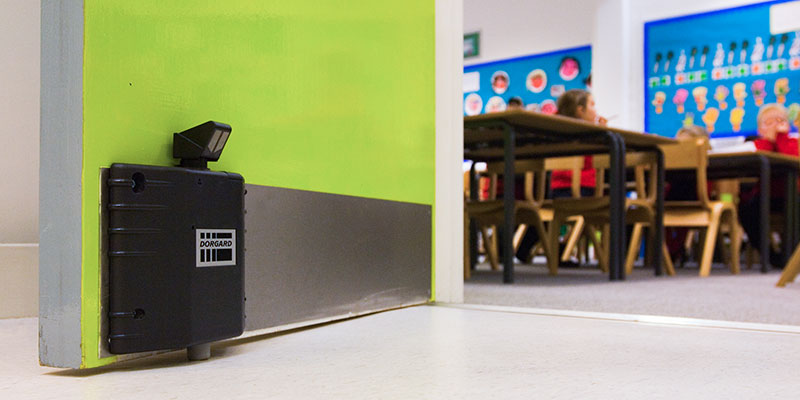
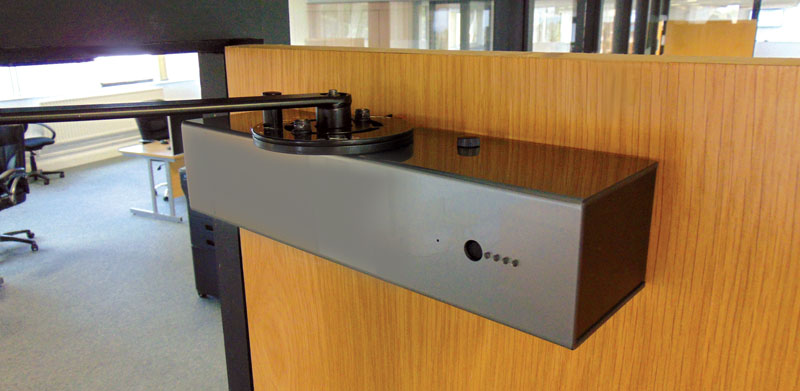
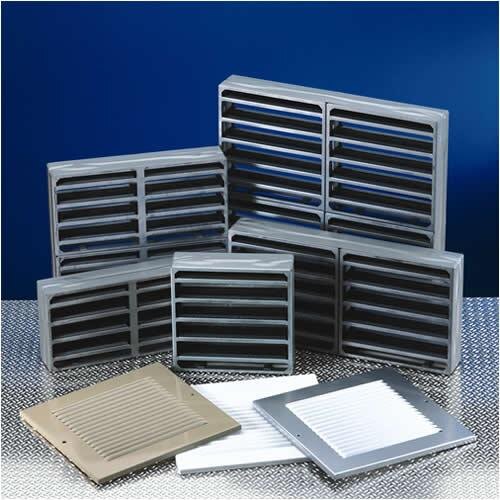
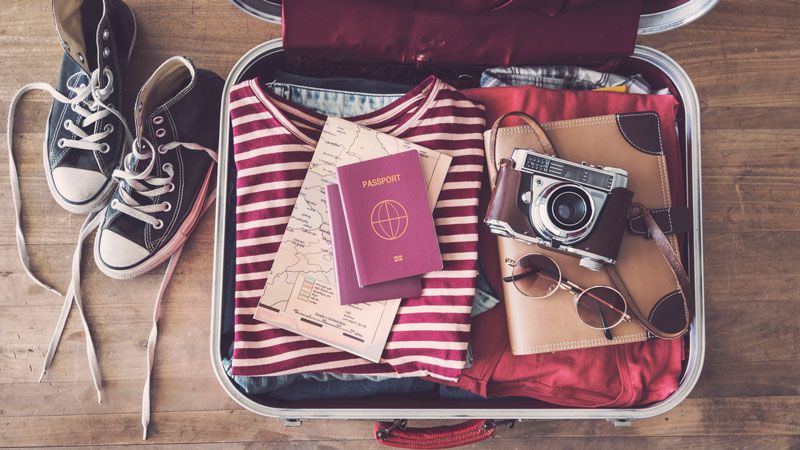
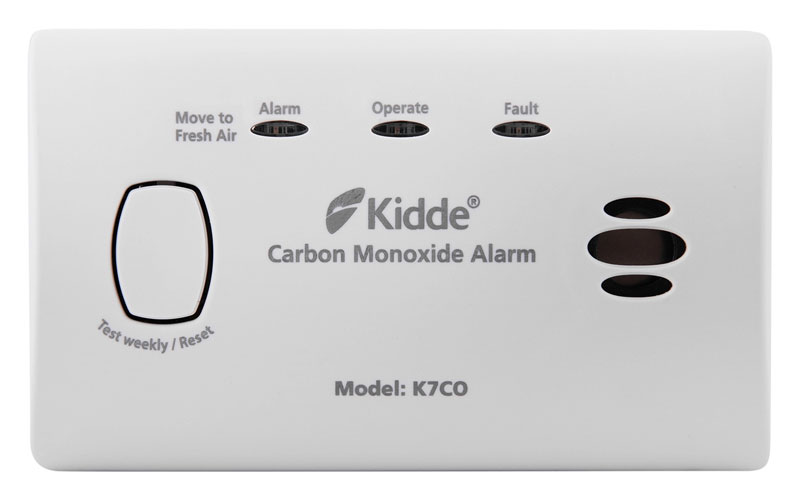

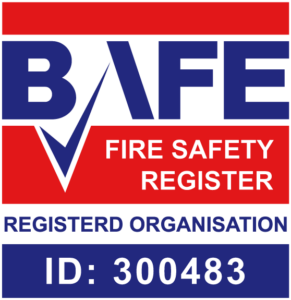 What is BAFE certification?
What is BAFE certification?